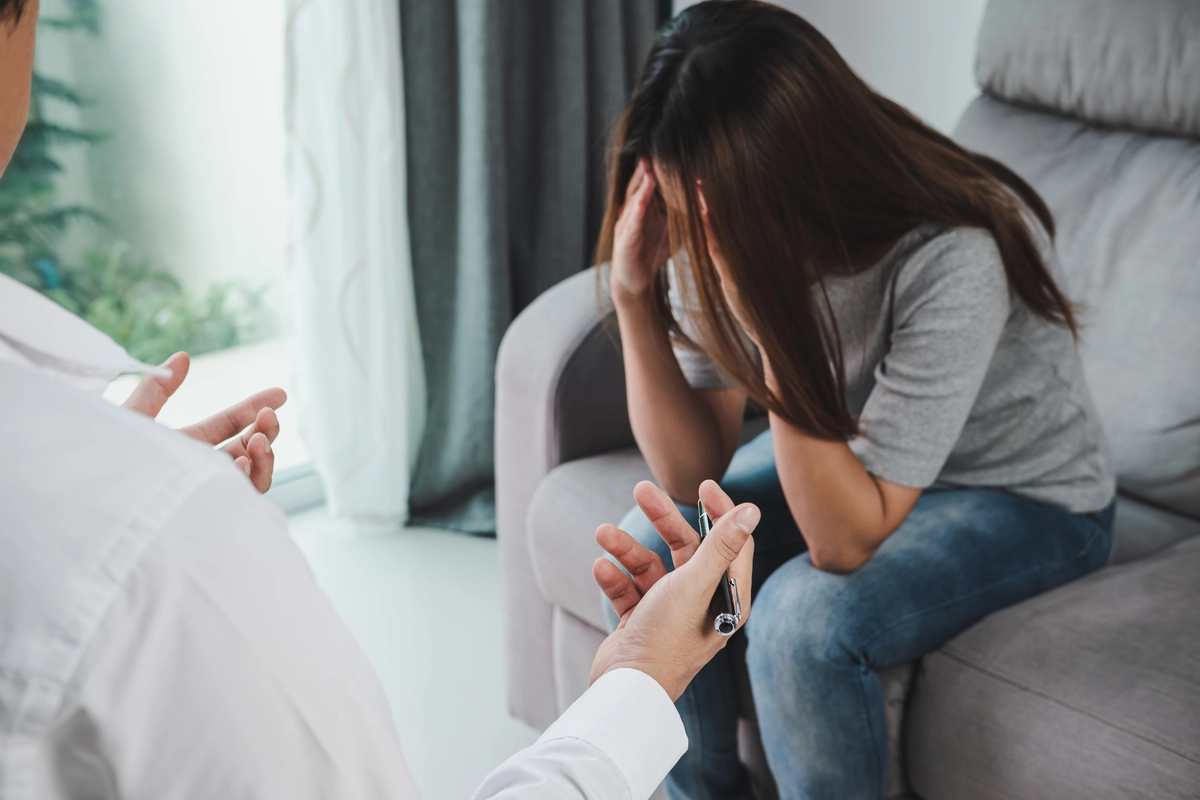24/7 Helpline:
(866) 899-221924/7 Helpline:
(866) 899-2219
Other Insurance Options

Regence

Evernorth

Lucent

State Farm

Health Partners

BlueCross

BHS | Behavioral Health Systems

AllWell

Health Choice
Beacon

Magellan Health

WellPoint

Optum

Molina Healthcare

MVP Healthcare

Ceridian

Highmark

UnitedHealth Group

United Health Care

Amerigroup




















































